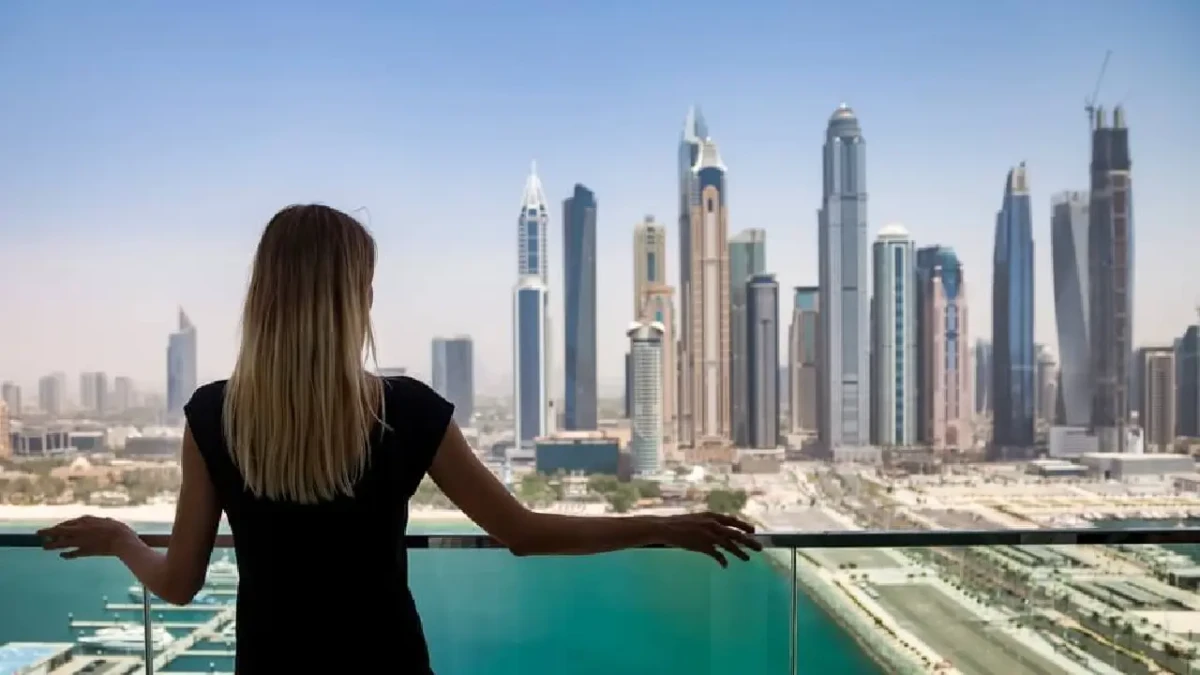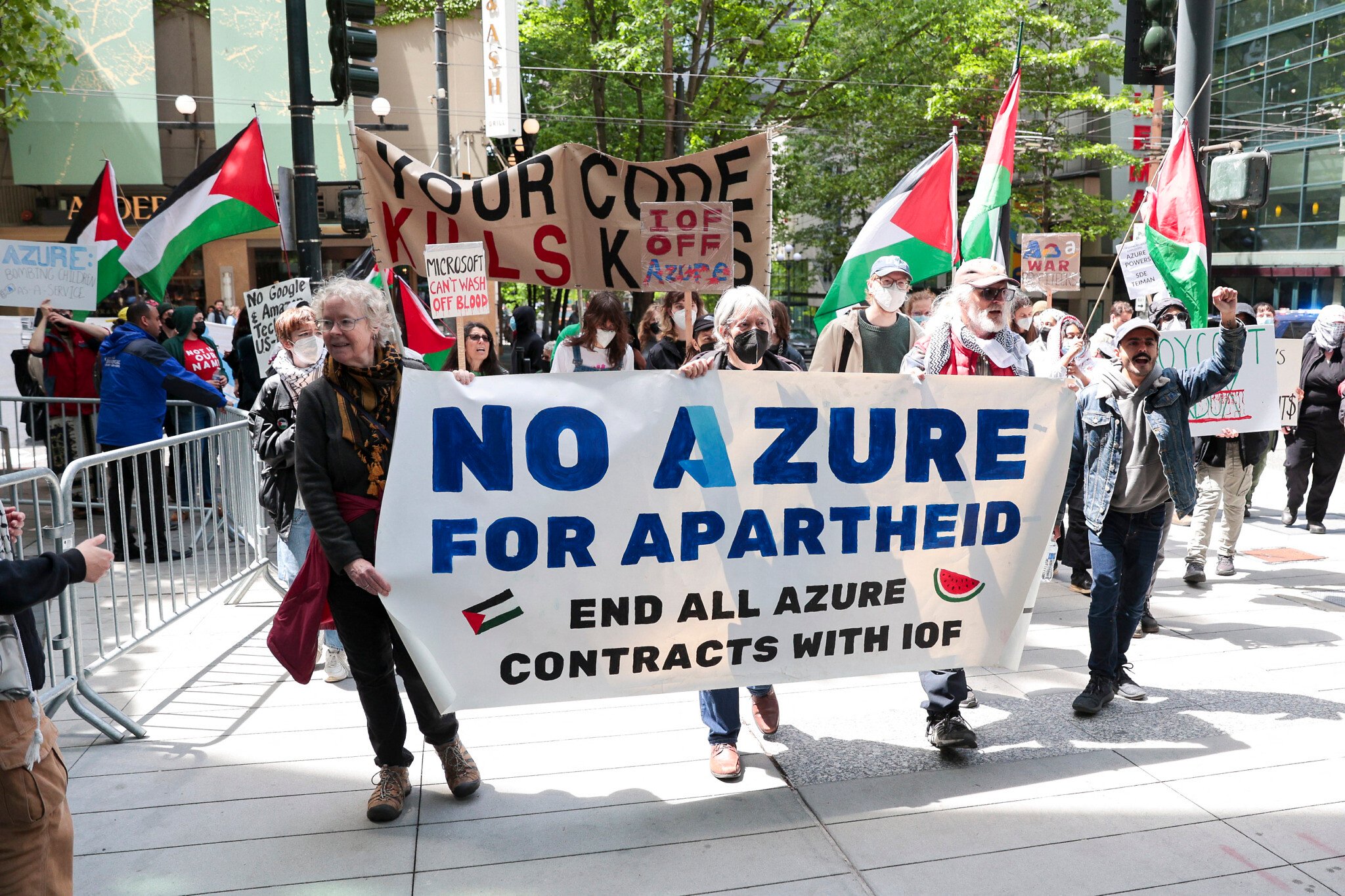For many Americans, the United Arab Emirates (UAE) is emerging as an attractive alternative to life in the US. A Reddit discussion recently shed light on why expats are making the move, what they gain, and the challenges they face. From tax advantages and safety to higher salaries and travel opportunities, the UAE is becoming a top destination for US citizens seeking a different lifestyle. Nera News explores the key reasons driving this shift.
Americans Are Moving to UAE
Tax Advantages for Americans in UAE
One of the biggest draws is the Foreign Income Exclusion, which exempts Americans from paying US taxes on foreign income up to $110,000. For high earners, this means saving substantially, though retirement planning (like Roth IRA contributions) requires careful thought.
Safety First
Several Americans highlighted how much safer life feels in the UAE compared to the US.
- No gun violence or road rage fears.
- Petty crimes are rare — laptops can be left unattended in cafes without worry.
- Women report feeling safe walking or jogging at night.
Higher Salaries and Perks
Many expats noted that they earn 2–3 times more in the UAE for the same job compared to the US. In addition, employers often provide:
- Housing allowances
- Health insurance
- Education allowance for children
Family-Friendly Culture
The UAE is described as super child-friendly:
- Kids are welcome in restaurants, malls, and events.
- Society encourages children to be children rather than expecting “adult” behavior.
- Families benefit from safe outdoor spaces and playgrounds.
Better Work-Life Balance
Unlike the US, where vacation time is limited, Americans in the UAE enjoy:
- 6+ weeks of vacation in many roles.
- A 4.5-day work week, with Friday half-days making weekends feel longer.
Global Travel Hub
Dubai and Abu Dhabi are major travel hubs. From here, expats can reach Europe, Asia, or Africa within a few hours — making weekend getaways and international holidays easy.
Diverse Food & Culture
With people from around the world, food in the UAE is authentic and international. From Indian and Ethiopian dishes to classic American chains like Cheesecake Factory and Krispy Kreme, options are endless.
Services and Convenience
Many compare UAE life to being on a “permanent cruise ship”:
- Affordable food delivery
- Laundry and cleaning services at your doorstep
- Availability of full-time nannies or house help for families
Less Racism, More Diversity
Interestingly, some Americans of color shared that they experience less racism in the UAE compared to back home. The highly international population creates a more accepting environment for many.
Language Advantage
English dominates daily life in the UAE, making it easy for Americans to adjust. While Arabic is official, international English with local variations is widely understood.
Challenges of Living in the UAE
- Distance from Family: Flights to the US are long (14+ hours), meaning most visits are annual.
- Private Schooling Costs: Public schools are not available to expats, but employers often cover education allowances.
- Culture Shock: Freedom of speech and protest differ from the US, requiring adjustment.
- Healthcare: The system is good but can be tricky to navigate, with quality varying across providers.
- Extreme Heat: Winters are pleasant, but summers are intensely hot, limiting outdoor activity for months.
- US Tax Obligations: Despite exclusions, Americans must still file taxes with the IRS.
Real Voices from Expats
One American who moved to Abu Dhabi said: “We pretty much never lock our doors, kids can run to the store, and I can jog at midnight without fear.”
Another expat noted: “I left because of work, but stayed because of safety, better salaries, and family life.”
While the UAE may not be for everyone, especially those tied to the US for family or cultural reasons, many Americans are finding it safer, more lucrative, and more family-friendly than life back home. With tax benefits, higher pay, child-friendly culture, and global connectivity, it’s no surprise that more US citizens are considering the move. The trade-off? Distance, culture shock, and heat — but for many, the positives outweigh the challenges.




